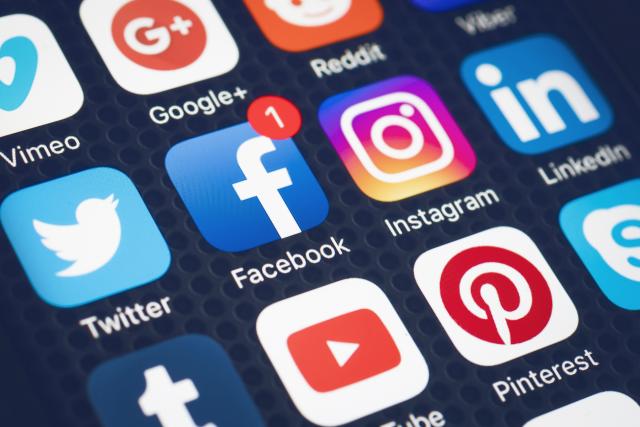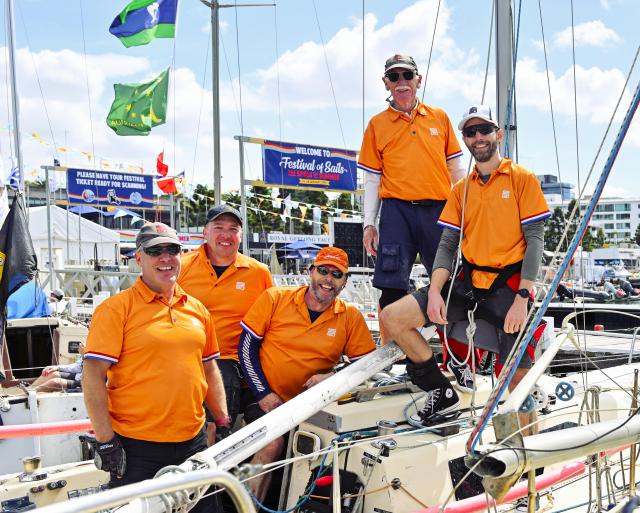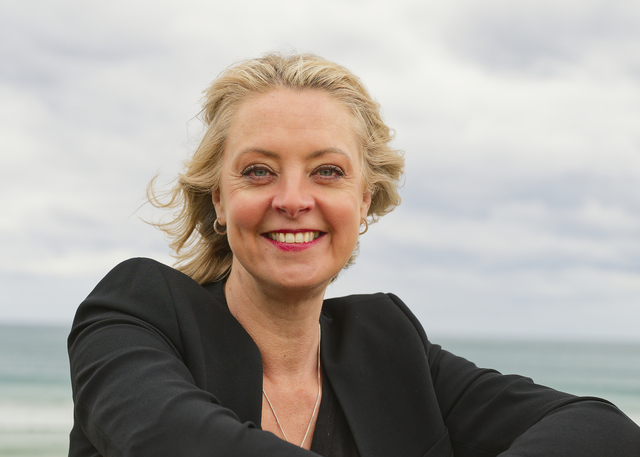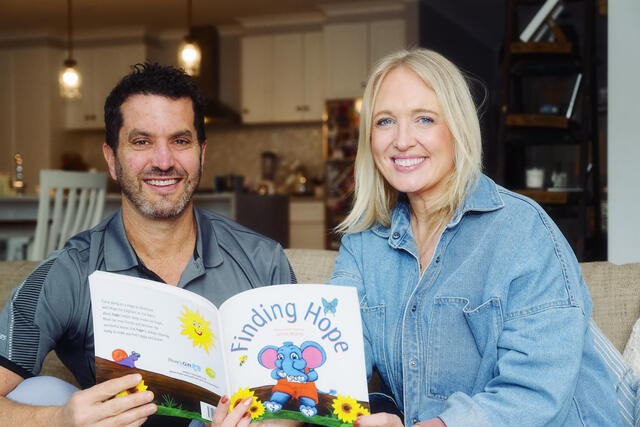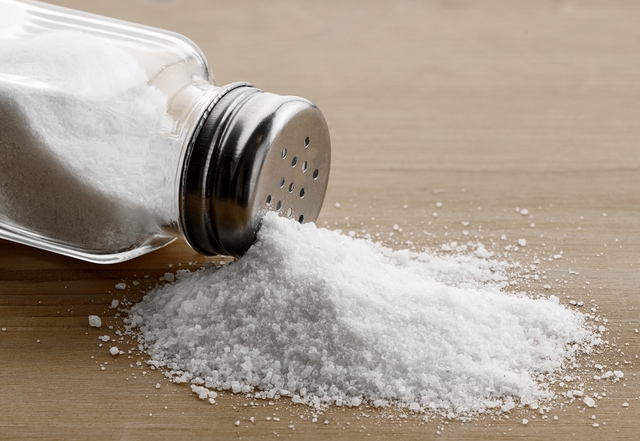One of our pet hates at the Independent is the phrase: “Yeah, I read about that on Facebook”.
Gets the hackles up every time.
Yes, the person may have read a news report while on the social media platform, but it is almost certain that information was generated elsewhere.
Facebook doesn’t employ journalists to engage with local communities and report information relevant to readers. We do.
Facebook, as a US-based tech giant, doesn’t have a physical presence in those communities. We do.
Facebook doesn’t attend the local meetings and events that matter and report on what happens. We do.
Facebook doesn’t campaign on the important social issues or infrastructure needs of local communities. We do.
Facebook doesn’t support great local causes across the west. We do.
Yes, the Independent and other media organisations use Facebook as one of the many platforms to disseminate the news we produce, along with print products and various websites.
But the news people read on Facebook is produced elsewhere; by companies like ours that pay people to provide that service.
What Facebook does bring to the ‘news’ conversation are the various noticeboard sites that pop up that offer rumours and misinformation.
Police investigating the disappearance of Ballarat mother Samantha Murphy had to appeal to people to stop theorising about the case on social media sites, some of which were created specifically for that case.
This rumour and innuendo wasn’t spread by traditional media, but through the unfettered social media channels.
Facebook has for years happily hosted our more legitimate and responsible content and made trillions of dollars from the eyeballs it attracts.
A few years back industry heavyweights lobbied hard for the Federal Government to establish a News Media Bargaining Code that compelled Facebook to start paying for this news content.
The funding that came out of that agreement allowed us to employ more journalists and invest in more resources.
Facebook has now signalled that it will be walking away from that hard-fought agreement, a move that will cost local jobs and may force some local media outlets to the wall.
The decision by Meta to stop paying for the news it allows to be shared across Facebook and Instagram will have a direct impact on our newspaper and the support we can offer our readers and communities. And it is the same for every small suburban and country newspaper across Australia.
It may not seem such a big deal that the news tab on Facebook will disappear, but what if they decide to block all news services, like Meta has done in Canada?
Is it okay that a massive US company can hold Australian governments and businesses to ransom like this?
This decision should be a warning to all small businesses and organisations that use Facebook or Instagram as their only digital platform. What happens if Meta next randomly decides to charge hairdressers for business pages, or block community Pride events?
Not paying fairly for news, and then threatening to block access to media on their platforms is blackmail.
This isn’t just a squabble between giants; it’s about the survival of small newspapers. It’s about the sustainability of publications that give rural and regional people a voice and record the history of the towns in this region.
This isn’t just about us; it’s about fair compensation for the news we produce. Don’t let our story end.
Stand with us, stand with your local paper.

